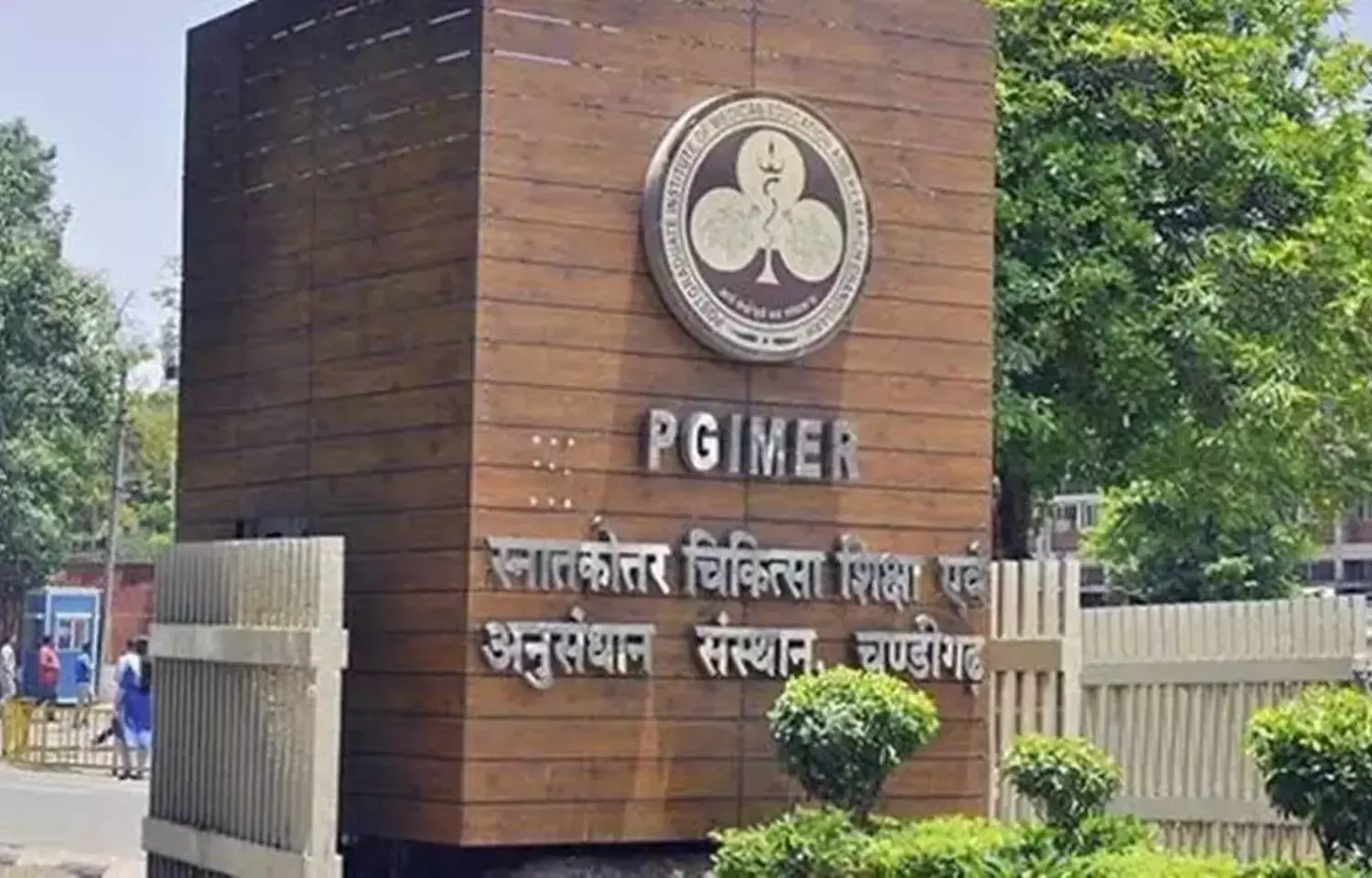- Home
- Medical news & Guidelines
- Anesthesiology
- Cardiology and CTVS
- Critical Care
- Dentistry
- Dermatology
- Diabetes and Endocrinology
- ENT
- Gastroenterology
- Medicine
- Nephrology
- Neurology
- Obstretics-Gynaecology
- Oncology
- Ophthalmology
- Orthopaedics
- Pediatrics-Neonatology
- Psychiatry
- Pulmonology
- Radiology
- Surgery
- Urology
- Laboratory Medicine
- Diet
- Nursing
- Paramedical
- Physiotherapy
- Health news
- Fact Check
- Bone Health Fact Check
- Brain Health Fact Check
- Cancer Related Fact Check
- Child Care Fact Check
- Dental and oral health fact check
- Diabetes and metabolic health fact check
- Diet and Nutrition Fact Check
- Eye and ENT Care Fact Check
- Fitness fact check
- Gut health fact check
- Heart health fact check
- Kidney health fact check
- Medical education fact check
- Men's health fact check
- Respiratory fact check
- Skin and hair care fact check
- Vaccine and Immunization fact check
- Women's health fact check
- AYUSH
- State News
- Andaman and Nicobar Islands
- Andhra Pradesh
- Arunachal Pradesh
- Assam
- Bihar
- Chandigarh
- Chattisgarh
- Dadra and Nagar Haveli
- Daman and Diu
- Delhi
- Goa
- Gujarat
- Haryana
- Himachal Pradesh
- Jammu & Kashmir
- Jharkhand
- Karnataka
- Kerala
- Ladakh
- Lakshadweep
- Madhya Pradesh
- Maharashtra
- Manipur
- Meghalaya
- Mizoram
- Nagaland
- Odisha
- Puducherry
- Punjab
- Rajasthan
- Sikkim
- Tamil Nadu
- Telangana
- Tripura
- Uttar Pradesh
- Uttrakhand
- West Bengal
- Medical Education
- Industry
PGI Chandigarh performs first robot assisted stent implant on 47-year-old patient

PGIMER
Chandigarh: Postgraduate Institute of Medical Education and Research (PGIMER) recently performed robotically assisted bioresorbable stent implantation on a 47-year-old patient for the first time ever in the world.
The surgery was conducted by the Department of Cardiology in the Advanced Cardiac Centre of the PGIMER as an interventional procedure. The case was performed by Yash Paul Sharma, Department of Cardiology head, and his team.
The patient was suffering from coronary artery disease and 90 percent stenosis of major coronary arteries. The patient underwent successful implantation of bioresorbable stents through the Corindus Robotic Arm of Cardiac Cath Lab.
Also read- PGI Chandigarh Satellite Centre To Be Functional By January 2023: Union Health Minister
PGIMER is the first center in India where robotic-assisted percutaneous coronary intervention (PCI) has been done. Percutaneous coronary intervention (PCI) is a treatment to open a blocked artery. The robotic PCI has the advantage of a high degree of precision and cuts down radiation exposure.
Newer bioresorbable stents with thinner struts (100 microns) developed in India have been introduced and now these stents dissolve in the body over two-three years leaving the natural artery intact.
Older generation bioresorbable stents had strut thicknesses of 150 microns. The clinical registry of patients with newer generation bioresorbable stents and also robotic PCI is being carried out in the PGIMER, which has achieved the least mortality (6.8 percent) in patients with the acute coronary syndrome, including cardiogenic shock and comorbidities, of all age groups, IANS reports.
Today, many procedures that were once highly invasive are now being performed via minimally invasive techniques, with the added benefit of robotic precision and radiation protection.
Robotic-assisted intervention enables precise measurement of anatomy and device positioning with the added benefit of radiation protection for the physician and the potential to reduce radiation exposure for staff and patients.
MA in Journalism and Mass Communication
Exploring and learning something new has always been her motto. Adity is currently working as a correspondent and joined Medical Dialogues in 2022. She completed her Bachelor’s degree in Journalism and Mass Communication from Calcutta University, West Bengal, in 2021 and her Master's in the same subject in 2025. She mainly covers the latest health news, doctors' news, hospital and medical college news. She can be contacted at editorial@medicaldialogues.in


